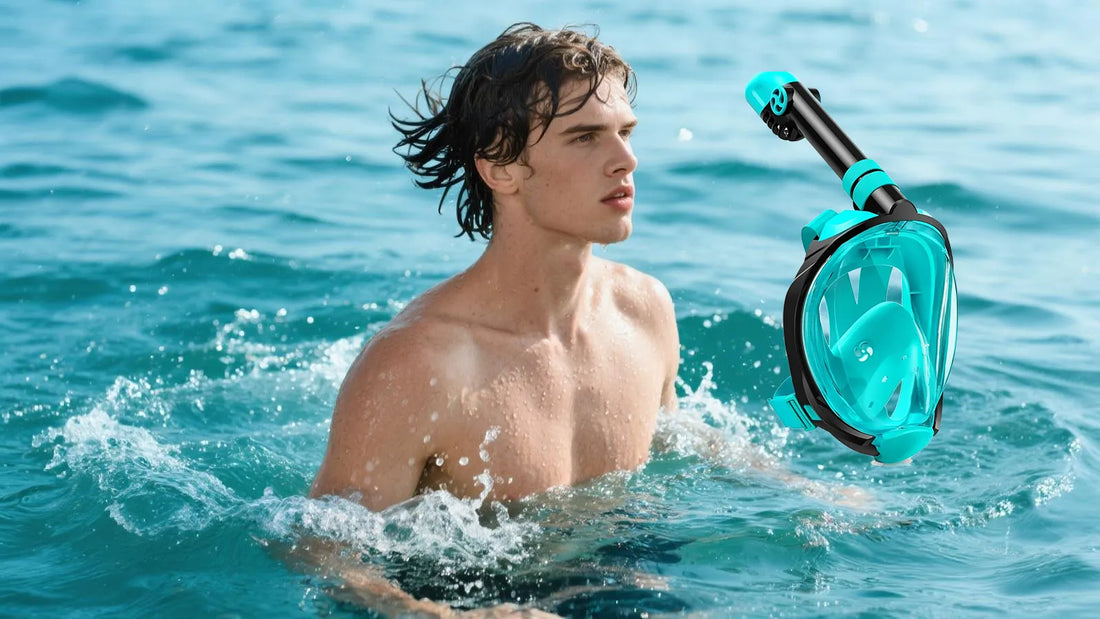Free diving, the act of diving underwater without the use of breathing apparatus, is a sport that captivates many with its blend of adventure, tranquility, and physical challenge. However, the question often arises: is free diving safe? This article explores the safety aspects of free diving, providing insights into the risks, necessary precautions, and the rewards that make this sport so compelling.
Understanding Free Diving
Free diving is an ancient practice that has evolved into a modern sport. It involves diving to various depths on a single breath, relying solely on one's physical and mental capabilities. The sport is divided into different disciplines, including static apnea, dynamic apnea, and depth diving, each with its own set of challenges and safety considerations.
The Risks of Free Diving
While free diving can be a rewarding experience, it is not without risks. The primary danger lies in the potential for hypoxia, or oxygen deprivation, which can lead to blackouts underwater. Other risks include barotrauma, caused by pressure changes, and shallow water blackout, which occurs when a diver surfaces too quickly. Understanding these risks is crucial for anyone considering taking up the sport.
Safety Measures in Free Diving
To mitigate the risks associated with free diving, several safety measures must be adhered to. Proper training is essential, as it equips divers with the knowledge and skills needed to dive safely. Always dive with a buddy, as having a partner can be a lifesaver in case of emergencies. Additionally, understanding one's limits and gradually increasing depth and duration can help prevent accidents.
The Role of Equipment in Safety
While free diving does not rely on breathing apparatus, certain equipment can enhance safety. A well-fitted wetsuit provides thermal protection, while fins aid in efficient movement. A weight belt helps with buoyancy control, and a dive computer can monitor depth and time. Using the right equipment can significantly reduce the risks associated with free diving.
Mental Preparation and Awareness
Mental preparation is as important as physical training in free diving. Developing a calm and focused mindset can help divers manage stress and make better decisions underwater. Awareness of one's body and surroundings is crucial, as it allows divers to recognize early signs of distress and take appropriate action.
The Rewards of Free Diving
Despite the risks, free diving offers numerous rewards. The sport provides a unique connection with the underwater world, offering a sense of freedom and tranquility that is hard to match. It also promotes physical fitness, mental discipline, and a deeper understanding of one's capabilities. For many, the rewards of free diving far outweigh the risks.
Community and Support in Free Diving
The free diving community plays a vital role in promoting safety and sharing knowledge. Joining a local club or online forum can provide valuable support, as experienced divers often share tips and advice. Participating in organized events and competitions can also help divers improve their skills and learn from others.
Environmental Considerations
Free divers often develop a deep appreciation for the marine environment. Practicing responsible diving, such as avoiding contact with marine life and minimizing environmental impact, is essential. By respecting the underwater world, divers can help preserve it for future generations.
Health Benefits of Free Diving
Free diving offers several health benefits, including improved lung capacity, cardiovascular fitness, and mental well-being. The sport encourages a healthy lifestyle, as divers often adopt habits that support their training, such as regular exercise and a balanced diet. These health benefits add to the overall appeal of free diving.
Challenges and Personal Growth
Free diving is not just a physical challenge; it is also a journey of personal growth. Overcoming fears, pushing limits, and achieving personal goals can be incredibly fulfilling. The sport teaches resilience, patience, and self-awareness, qualities that extend beyond the water and into everyday life.
Is free diving safe? The answer lies in the balance between understanding the risks and taking the necessary precautions. With proper training, equipment, and mindset, free diving can be a safe and rewarding experience. Whether you're a seasoned diver or a curious beginner, the underwater world awaits, offering a unique adventure that is both challenging and fulfilling.

